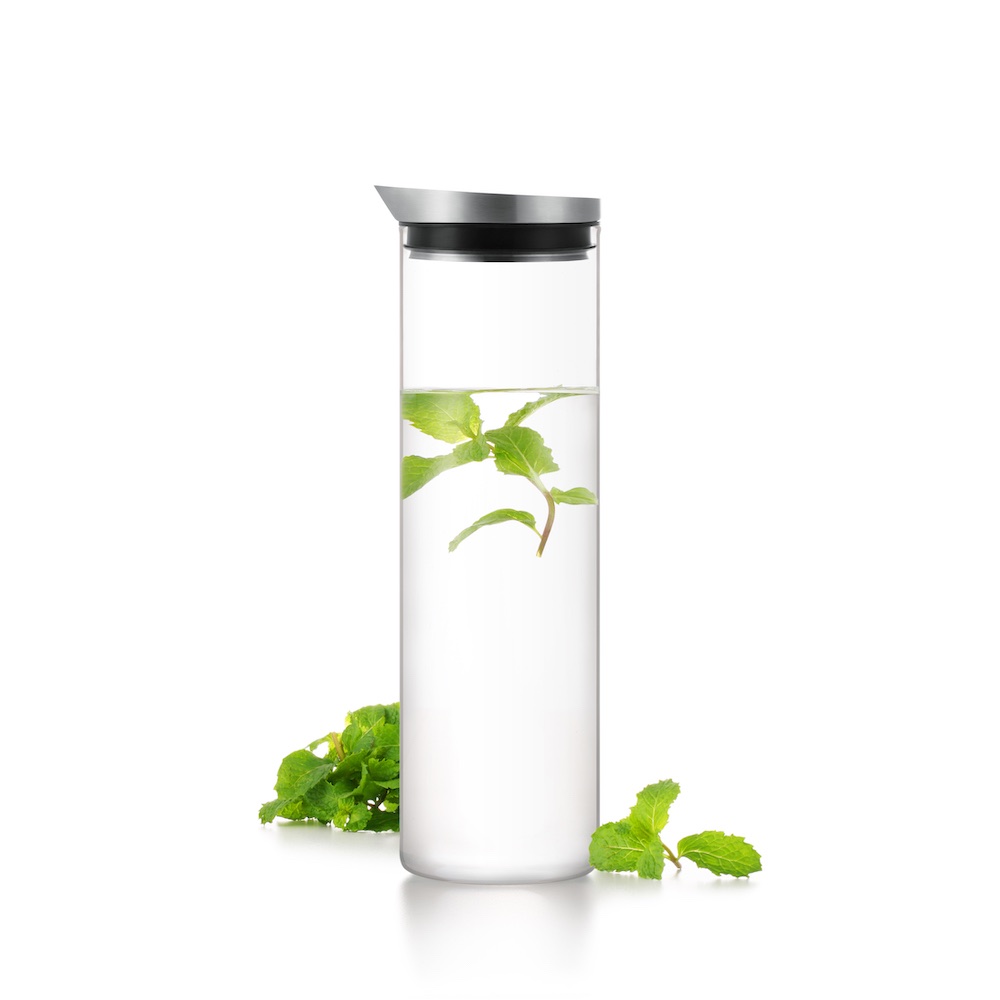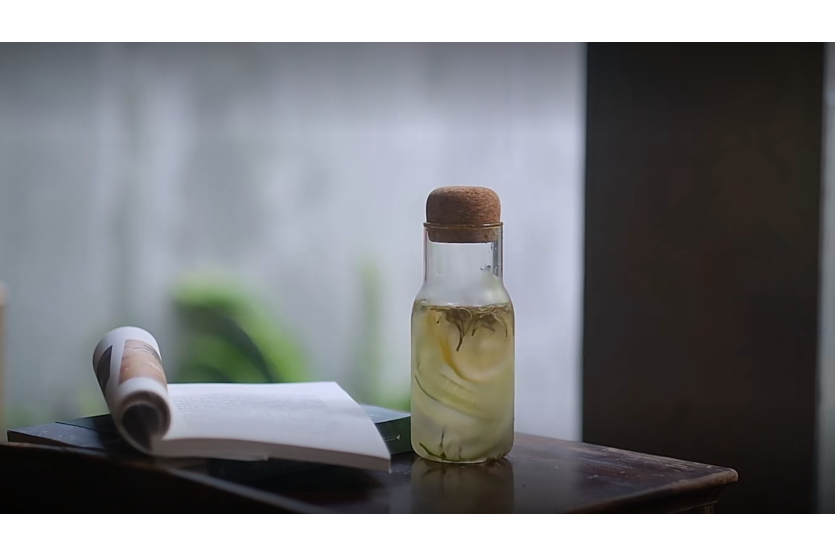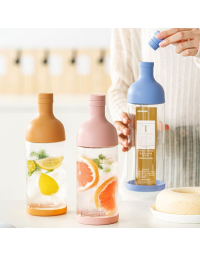In recent years, cold brewed tea has become a popular alternative for hot brewed tea. Especially during the Summer season, many tea enthusiasts crave for a refreshing cup of cold brewed tea. In this blog post, we will delve into the differences and nuances between the two techniques, providing a comprehensive guide for tea lovers.
How it Works & Difference in Taste
Firstly, it is essential to understand the fundamental difference between the two brewing techniques. Hot brewed tea involves steeping tea leaves in hot water for a few seconds to several minutes, typically at a temperature between 80ºC to 100ºC (176°F and 212°F), depending on the type of tea. When tea is steeped hot, the leaves release bitter tannins and astringent flavors.
On the other hand, cold brewed tea is made by steeping tea leaves in cold water overnight, or for a period of 3-12 hours. This results in a refreshing, smooth and sweet infusion with a more nuanced flavor profile compared to hot brewed tea.
Does Cold Brew Tea Have Caffeine?
The steeping temperature is an important factor determining the amount of caffeine in a cup of brewed tea. Let's say you normally steep black tea for 3 minutes and you apply the same steeping time when steeping the same tea cold, then the cold brewed tea would have hardly any caffeine.
Obviously, in practice, cold brewed teas are steeped not for minutes but for many hours. Still, most research studies show that cold brew tea contains about 40-70% less caffeine. Thus, cold brewed teas are a great alternative for those, who are sensitive to caffeine.
Cold Brew Tea is Less Acidic
Besides lower caffeine levels, cold brewed tea is also less acidic. These two facts together means that it may also be an alternative for those who have a weak stomach. That said, it should be consumed in moderation, as excessive consumption of cold drinks during hot weather is also known to be bad for the stomach.
Hot Brewed Tea, Iced Tea
After all the praise for cold brew tea, we do want to note that hot brewed tea is still the traditional method of brewing tea that has been used for centuries, and it comes with its own set of benefits. Hot brewed tea has a stronger and more robust flavor, as the heat helps to extract the maximum amount of flavors from the tea leaves. This brewing process also activates the caffeine and other antioxidants in the tea, providing the drinker with the required energy boost to face whatever challenges lie ahead.So if you're looking for a robust cup of tea, then brewing your tea hot is the way to go. Even if you prefer a cold drink, you can steep the tea hot first, and pour over ice to enjoy a classic iced tea.
What Types of Tea Are Suitable for Cold Brewing?
Any kind of tea is suitable for both cold and hot brewing. As for hot brewing, it's equally important for cold brewing to get the tea-to-water ratio right, in combination with the brewing time. Below some recommendations for our loose leaf tea.
- Xin Yang Mao Jian, green tea: 1.5 grams per 250ml of water, 5 hours.
- West Lake Dragon Well, green tea: 2grams per 250ml of water, 7 hours.
- Jasmine Dragon Pearls, green jasmine tea: 2grams per 250ml of water, 6 hours.
- Duck Shit, oolong tea: 2grams per 250ml of water, 7 hours.
- Tie Guan Yin oolong tea,: 2grams per 250ml of water, 6 hours. Keemun, black tea: 1.5grams/250ml, 3 hours.
- Yunnan Gold, black tea: 1.5grams/250ml, 3 hours.
- Bai Mu Dan, white tea: 2grams/250ml, 7 hours.
As you can see, ideal brewing times can differ a lot, even for teas that belong to the same type. It's therefore important to experiment and determine the optimal parameters for individual teas, while also taking into account your own personal preference.
At last, recommend to get our cold brew loose leaf tea maker.

In conclusion, both hot and cold brewed tea have their unique advantages and disadvantages. Depending on personal preference and dietary needs, one method may be preferable over the other, but there is no denying the unique character of both methods. The best way to enjoy tea is to experiment with both techniques, different varietals, and temperatures, and discover your perfect cup. Cheers!


